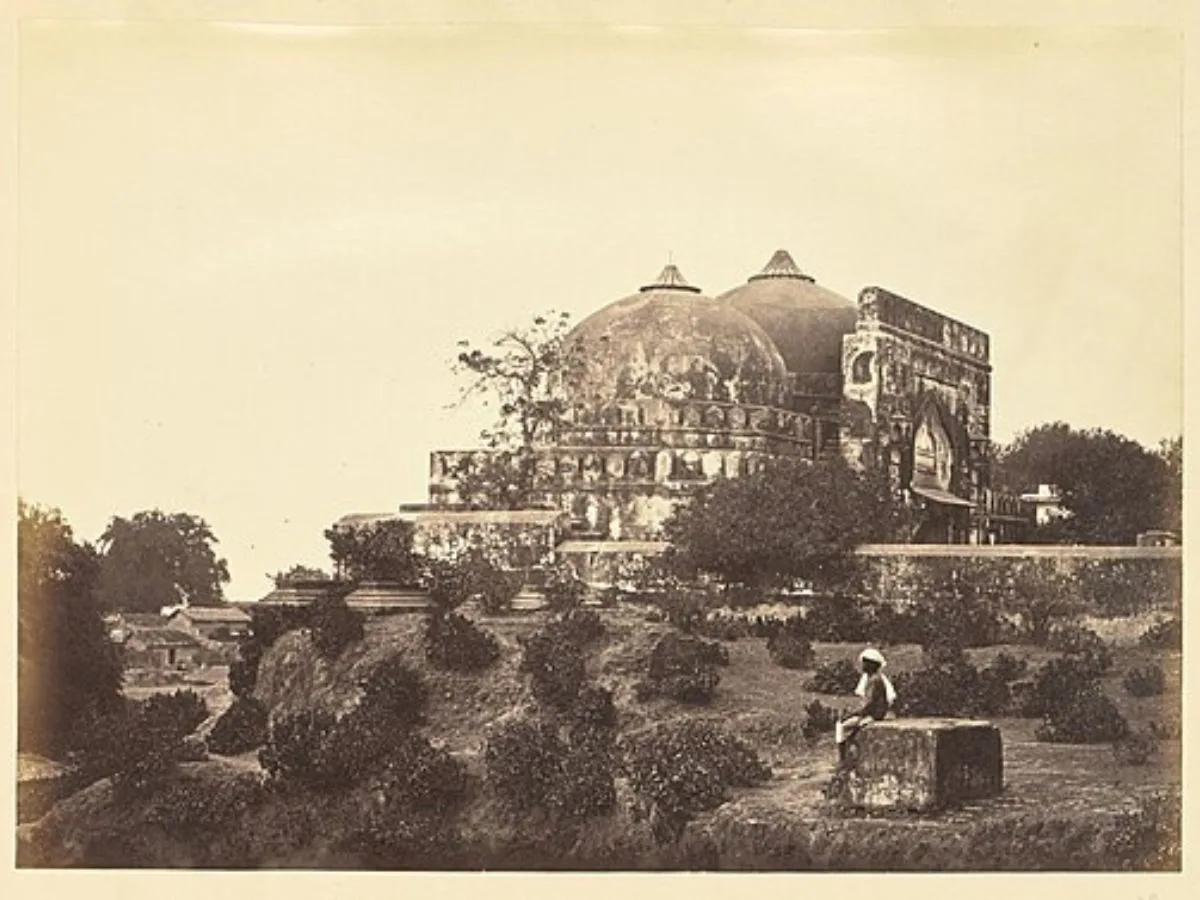Read in : தமிழ்
My neighbour of 30 years in Chennai knocked on my door recently and offered what seemed like temple prashad. He said he had gone to Ayodhya as part of a family pilgrimage that included Varanasi.
My neighbour’s politics is typically Tamil, or Dravidian, if you will. He wears his dislike of brahmins on his sleeve. He was an activist belonging to a Leftist youth organization when he was in college. Now it seemed the Ayodhya Ram temple had been normalized, even for him. It was a temple, a sacred shrine to a beloved deity.
That the temple project is a reminder of a sordid act of political vandalism that intentionally threatened and symbolically brutalized a whole community was lost on him. The demolition of the Babri Masjid was all in the past, he said. He had moved on, apparently.
I was in my college final year when the Babri Masjid was demolished. It was a time of great churning world over. Gorbachev was in power and was initiating changes all over the socialist world. Ideologies were being questioned. Their validity and truthfulness were thrown into deep doubt. In India, the Congress was becoming weaker and alternative political arrangements were becoming stronger. The tumultuous Bofors scandal and VP Singh politics had forced India into another era. The BJP was competing to rise, too.
Mandal evoked passionate debate in my college campus although the essential argument of the commission had been put into practice many decades ago in Tamil Nadu.
The high noon of communism had the leaders turning on each other in the most uncomradely fashion. All this had been known for a long time. Now the people had themselves shown they didn’t want it
I too was an activist in a Leftist student organization. A week after the demolition happened, the organization planned a protest human chain in downtown Chennai — Parry’s Corner. In those days protest marches and events were allowed in downtown Chennai.
Also Read: So why does the typical communist leader live so long
My role in the organization was more intellectual than grassroots organizing. But I put my efforts into getting students to come to form the chain. I could get students from two Muslim institutions to come. The Hindu students I knew couldn’t quite be moved although they were often enthusiastic supporters of Leftwing and Dravidianist causes. The masjid issue didn’t quite resonate with them. Eventually, only the Muslim students that I had organized attended the human chain event. Did the comrades not really put their efforts into it, I wondered? The leadership smiled at my efforts and called it a broken chain.
Not long after, I quit political activism. I was deeply disappointed with Marxist politicians and leaders across the world. The idea of comrade seemed false in the Marxian world although the idea itself was the only worthwhile thing in the world, for me. The self proclaimed Marxists I met were some of the most bourgeois people I could imagine.
I was convinced no politics — Leftist or otherwise — could make humans become more human and less like a pack of gorillas. I sympathized with the hippy adoration of the bonobos as opposed to chimpanzees and gorillas.
The high noon of communism had the leaders turning on each other in the most uncomradely fashion. All this had been known for a long time. Now the people had themselves shown they didn’t want it.
The Hindu students I knew couldn’t quite be moved although they were often enthusiastic supporters of Leftwing and Dravidianist causes. The masjid issue didn’t quite resonate with them
Capitalism, sadly, became the natural order of things even if it was not perfect. China showed its true colours. The ideology was valid there as long as it served the Chinese nation.
Thirty years have gone by with little hope that an alternative, more idealistic politics has any chance — in India or elsewhere. The success of the Chinese economy has only strengthened that idea.
Also Read: Is there a hope for sanity in India?
The Left parties are a shadow of their former selves in Tamil Nadu just as they are in many other states. For a while, briefly, in the late 1980s and early 1990s, the red flag was normal in the main bus stop of every Tamil village that also serves as the place of party flagposts. But after that brief one step forward, there have been ten steps back. Today the Left parties poll fewer than NOTA votes if they contest on their own in any seat in Tamil Nadu elections.
My neighbour’s religious feelings had indeed been moved by the Ram temple project. The temple inauguration has become a national event, or at least made into one.
Read in : தமிழ்
